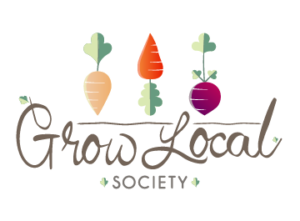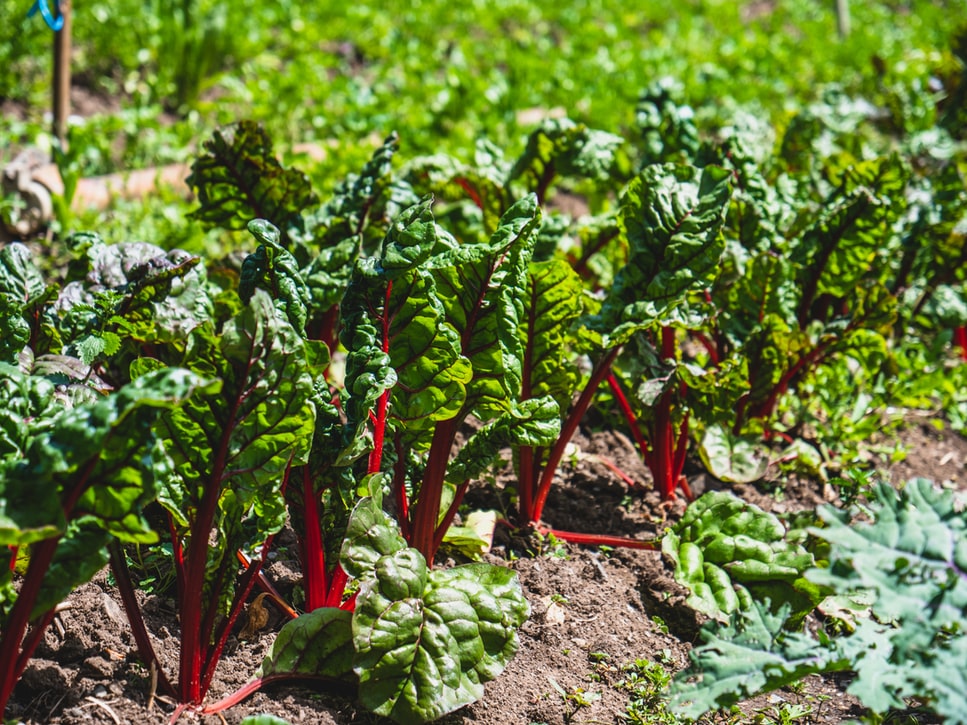This year’s Blueberry Festival will highlight what blueberries our vendors have to offer! You can expect a number of varieties of fresh, frozen and prepared berries.
 What You Can Expect
What You Can Expect
Farm Fresh:
Beckmann Berry Farm:
The variety you can find from this local farm is Chandler Blueberries. This variety produces the largest berries of any available! It is a relatively hardy, mid-late season plant that can spread to about six feet in reach.
Forstbauer Farm:
From bushes over 25 years old, you can expect frozen Northland Blueberries. This variety is a hardy mid-height plant known for its yields of medium sized berries with a sweet and wild blueberry taste. Northland is an early, mid-season plant that will tolerate poor soil conditions and does best with heavy annual pruning.
Langley Organic Growers:
You will find both Bluecrop and Duke at Langely Organic Growers. Bluecrop is the most widely planted high-bush, mid-season cultivar in the world and produces high yields of medium sized. Although it produces firm fruit with good flavour, the canes tend to be droopy so supporting the plant is important. This variety is disease resistance and lasts well into the cold winter months. Duke offers a late bloom that adapts well to cold temperatures while still producing an early crop. This tall bush provides a large number of very sweet, high quality fruit with an excellent shelf life. Did you know its foliage turns red in the fall?
 Mandair Farm:
Mandair Farm:
Offering their best berry price of the season you can choose from Bluegold, Bluecrop or Duke berries. Bluegold Blueberries are a mid-season variety that is highly productive. In addition to producing firm, flavourful fruit, it is winter hardy. Bluecrop is the most widely planted high-bush, mid-season cultivar in the world and produces high yields of medium sized. Although it produces firm fruit with good flavour, the canes tend to be droopy so supporting the plant is important. This variety is disease resistance and lasts well into the cold winter months. Duke offers a late bloom that adapts well to cold temperatures while still producing an early crop. This tall bush provides a large number of very sweet, high quality fruit with an excellent shelf life. Did you know its foliage turns red in the fall?
Never Say Die Farm:
You can also find Bluecrop at Never Say Die Farms. It is the most widely planted high-bush, mid-season cultivar in the world and produces high yields of medium sized. Although it produces firm fruit with good flavour, the canes tend to be droopy so supporting the plant is important. This variety is disease resistance and lasts well into the cold winter months.
Source: Scotts Nursery.
 Prepared:
Prepared:
A Bread Affair:
Love at First Bite Loaf- With every single ingredients grown within 71 miles of Vancouver, we were proud to bring our first truly local loaf to Vancouver in 2009. Blueberries and Hazelnuts in a Heritage sprouted grain loaf.
Blueberry Candied Ginger and Lemon Scone- Made using Pitt Meadows Blueberries this quickly became one of our most popular pastries at the farmers markets and you can see why. With no flavour dominating the other this and a cup of coffee is the way to start your rounds at the farmers market.
Coquitlam River Cannery:
Blueberry Jam made with blueberries grown right in Coquitlam!
 Kics Gourmet Products:
Kics Gourmet Products:
Blueberry lemonade.
Kizzy’s Macarons:
Blueberry Big Macs with blueberry jam buttercream, homemade blueberry compote and fresh BC blueberries.
Mariner Brewing:
Venture Blueberry Sour beer. Each batch of our blueberry sour is made with 1,000 lbs of real blueberries from the Fraser valley!
Oh Sweet Day:
Classic cheesecake with fresh blueberry sauce!
Royal City Donuts:
Blueberry compote filled donuts.
Activities:
Kids Activities:
Kids of all ages can visit our Kids Craft area to play games and make blueberry magnets. Kids ages 5-12 can stop by our Power of Produce Kids Club tent to make a jar of blueberry chia jam to take home!

Recipe Demonstrations:
Join Karen Curtis in the demonstration tent to learn how to make blueberry salsa and blueberry sauce using fresh market ingredients! Demos run at 10 and 11:30am.
Sampling:
Visit our sampling tent to taste and compare the varieties of blueberries available at our market! Participate in a community art project while you’re there!
BC Blueberry Council:
The BC Blueberry Council will be on-site with fantastic recipe cards and free blueberry swag!
Live Music:
Musician, Barry Wilson, will be keeping us entertained with his great variety of tunes!

